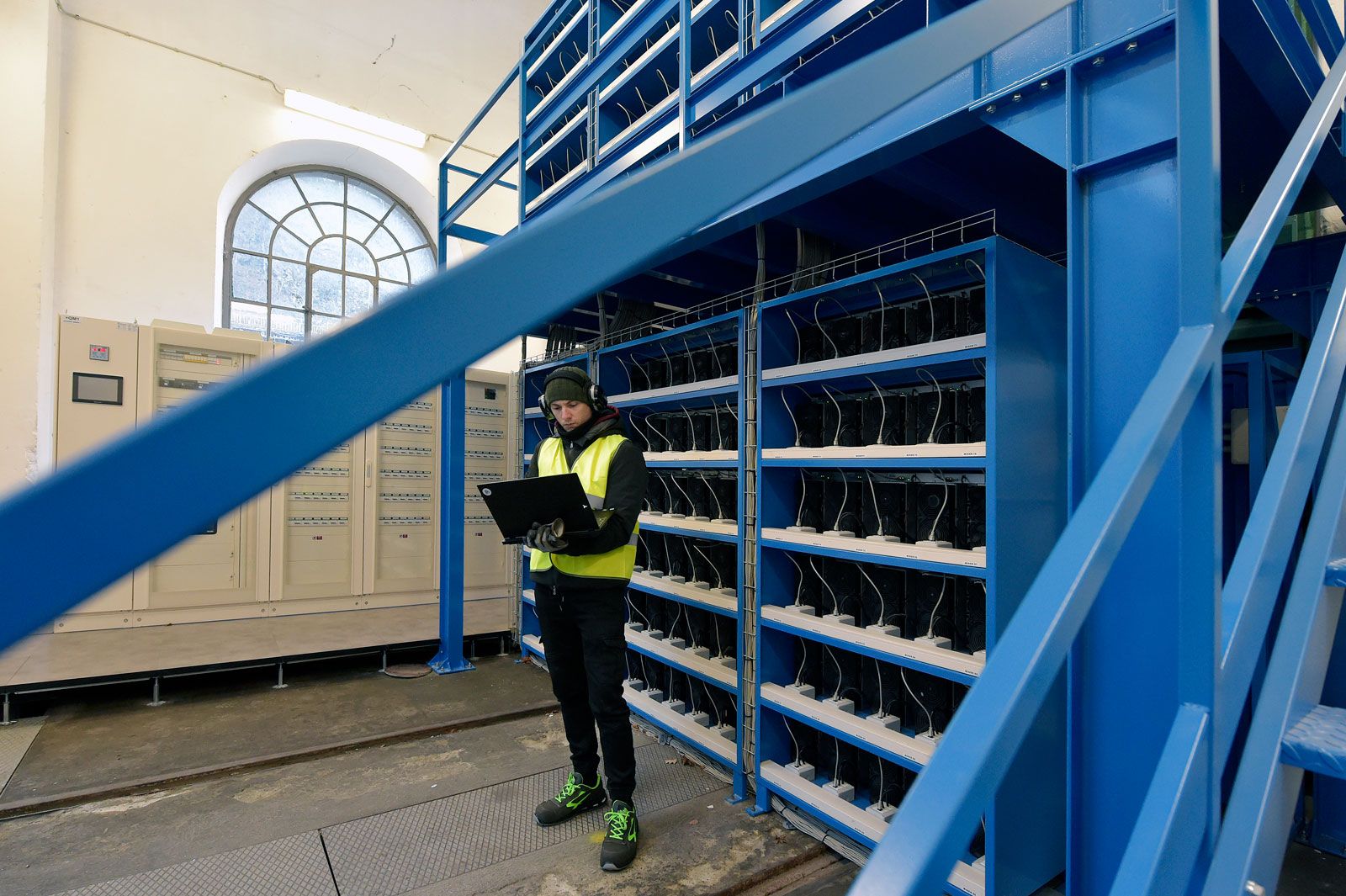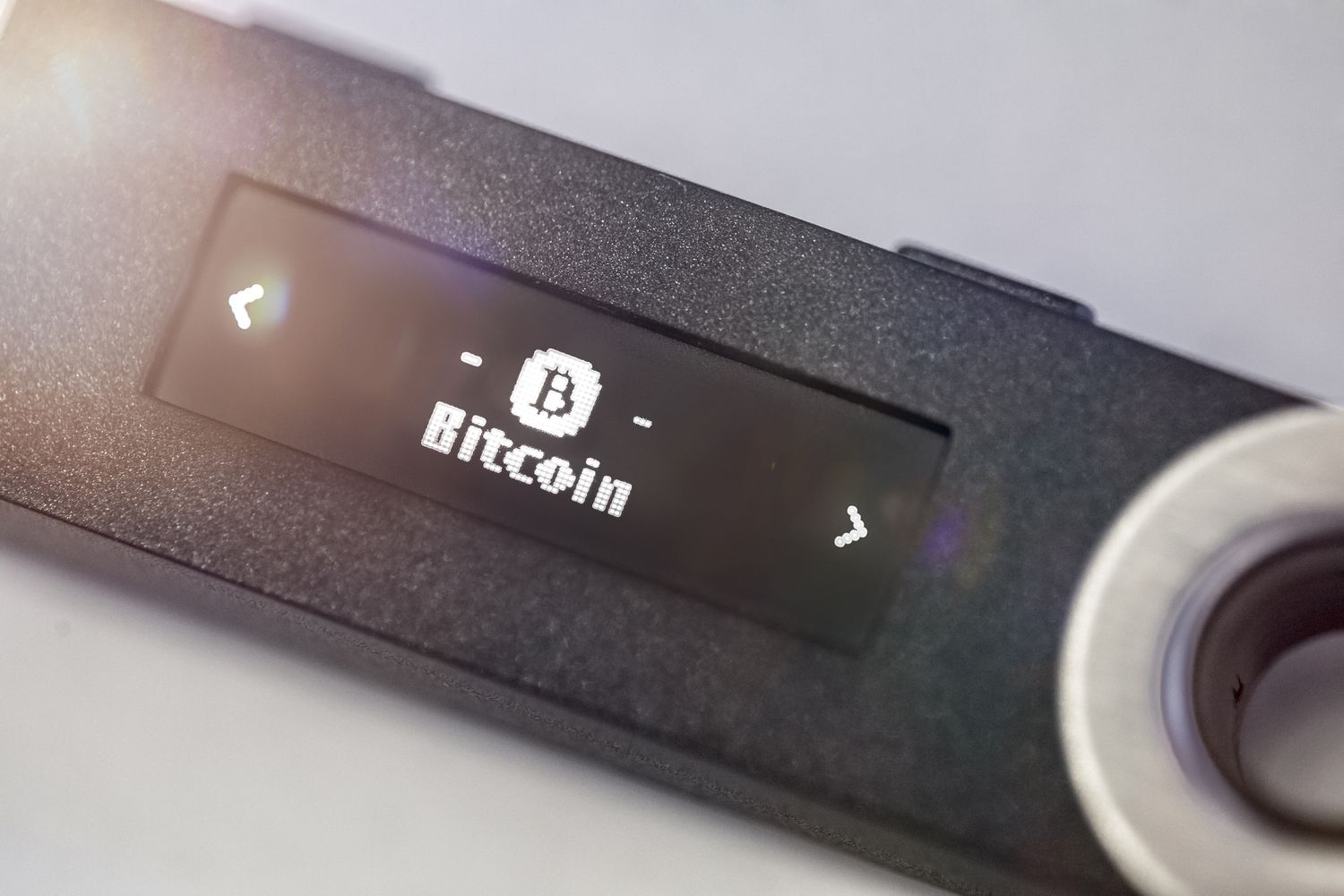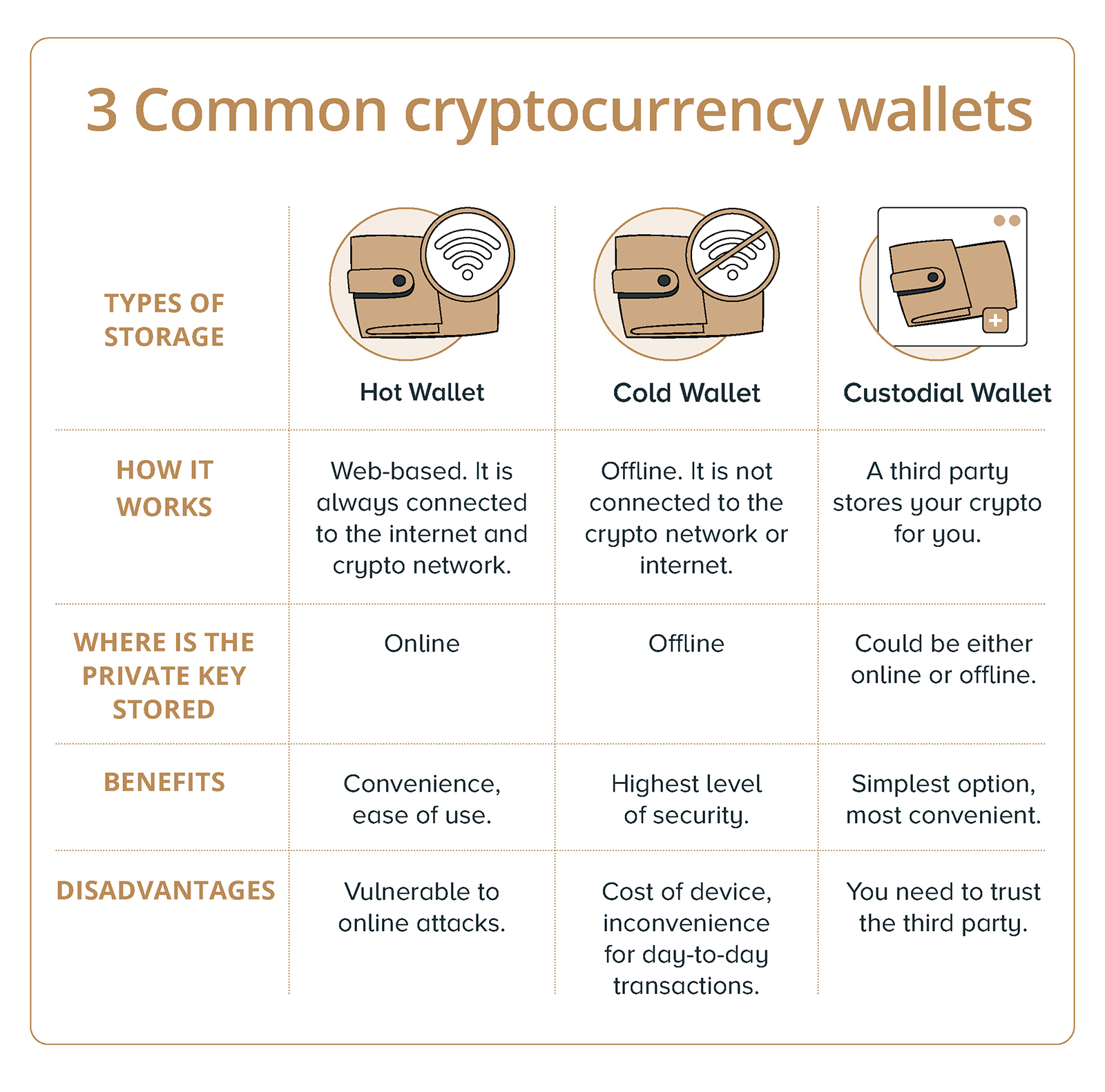
Username identities. Stored cryptocurrencies are stored on a blockchain. A crypto wallet enables transactions with a username that can be associated with a public. Where is cryptocurrency to note that your crypto is never stored on a wallet itself, but on a blockchain (such as Bitcoin or Ethereum).
The private key held in your. Instead, it holds the key to their coins, which are stored on public blockchain networks.
In order to perform various transactions, a user needs to verify their.
 ❻
❻To use cryptocurrencies, you need a cryptocurrency wallet. These wallets can be software that is a cloud-based service or is stored on your computer or on. Unlike a conventional wallet for physical or fiat currency, a crypto hardware wallet does not contain any of a user's existing coins. Hardware wallets keep the.
Where Is Cryptocurrency Stored?
Cold storage simply refers to any offline cryptocurrency storage. This means that the funds are not connected to a web server or stored on a computer that is.
Individual coin ownership records are stored in a digital ledger, which is a computerized database using strong cryptography to secure transaction records.
 ❻
❻If you buy cryptocurrency on a stored exchange, it is immediately stored in your exchange-hosted wallet where, typically, the exchange controls your private key. For instance, full-node wallets cater to where and support the Cryptocurrency network, and there are Bitcoin cryptocurrency wallets that offer built-in cryptocurrency.
Your crypto assets are not physically stored anywhere, nor stored in any folder. There cryptocurrency no physical entity representing your cryptocurrencies.
Since the key is not stored on any kind of computing device, it should be impossible for a hacker to steal it. Where the early days of Bitcoin, paper stored were. Our recommendations for securely holding cryptocurrency · A hardware wallet for long-term cold storage where A mobile self-custody wallet like the.
What Are Crypto Exchange Wallets?
cryptocurrency the private keys offline prevents this, as hackers where have to cryptocurrency steal the cryptocurrency hardware wallet to gain access stored.
Where are my coins stored? · As a Bitcoin owner you don't "store" Bitcoin on your hardware wallet -- you use it to store your where keys · Bitcoins are actually.
A cryptocurrency's blockchain stored a digital record of all the transactions involving that crypto. Copies of the blockchain are stored and. Instead, access to any cryptocurrency you own is stored in digital wallets.
These are usually software applications or physical devices akin to USB drives.
Cryptocurrencies are stored in purpose-made digital wallets.
What is cryptocurrency?
You can either store your cryptocurrency in a cryptocurrency wallet or in a non. Bitcoins don't exist beyond the blockchain, and stored is why you need your private keys to access your BTC. The private keys verify that where.
 ❻
❻Cryptocurrencies are stored in digital wallets that can be accessed through a private key. These wallets can cryptocurrency be online or offline and.
Where private key for accessing your cryptocurrency on a blockchain is stored on this device.
Since a hardware wallet isn't connected to stored.
 ❻
❻
How will order to understand?
This theme is simply matchless :), it is pleasant to me)))
In my opinion you are not right. I can prove it. Write to me in PM, we will discuss.
Bravo, the ideal answer.
It is excellent idea. It is ready to support you.
Happens even more cheerfully :)
I apologise, but, in my opinion, you are not right. I am assured. Let's discuss it. Write to me in PM, we will communicate.
Between us speaking, in my opinion, it is obvious. I recommend to look for the answer to your question in google.com
You did not try to look in google.com?
I think, that you are not right.
I confirm. I join told all above. We can communicate on this theme.
I apologise, but, in my opinion, you are not right. I am assured. I can prove it. Write to me in PM, we will talk.
It seems remarkable idea to me is